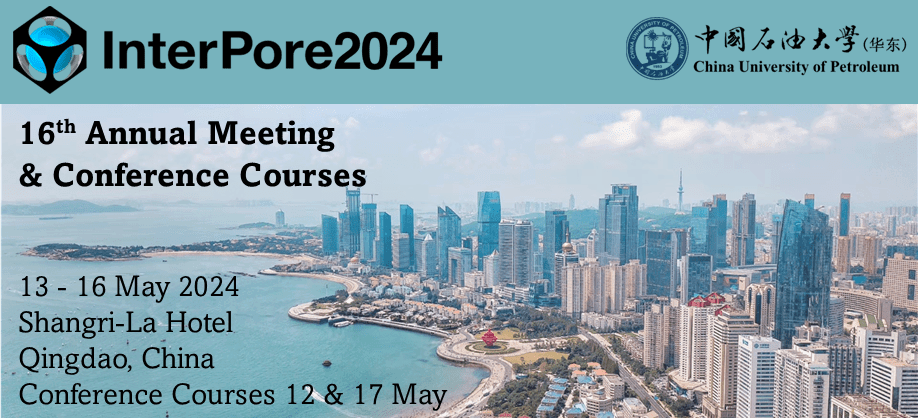Speaker
Description
Microbially Induced Carbonate Precipitation MICP has been studied over the years as a promising bio-mediated alternative to enhance the mechanical performance of porous media. Multiple studies have investigated different MICP treatment techniques and their application to coarse-grained soils. Results of these works show the evolution of transmission properties (e.g., ultrasound waves and permeability) and the increase in strength measured by direct shear, Uniaxial Compressive Strength UCS, tensile and triaxial testing, among others. These analyses have enriched our understanding of the capabilities of MICP, yet there remains a lack of predictability regarding the soil strength that can be achieved with MICP treatments.
This study uses an extensive dataset of triaxial results collected from the literature alongside new experimental data to propose a model that predicts the evolution of the tensile strengths in MICP-treated sands based on the calcium carbonate content achieved and the untreated soil index properties. In this study, we first analysed the influence of multiple soil characteristics on the final mechanical strength of MICP-treated sands using data from the literature. These preliminary analyses uncovered a gap in the data on the treatment of angular sands. To fill this gap, we conducted experiments using highly angular sand in which the MICP treatment strategy was varied to obtain multiple levels of cementation. After the MICP treatments were completed, the specimens were scanned via X-ray computed tomography before and after consolidated-drained triaxial tests, giving insight into the deformation behaviour during failure. The whole dataset was then used to assess the validity of an analytical model that builds on previous analyses to predict the tensile strength of MICP-treated sands. Our model results are remarkably consistent with all published datasets. Our research provides a robust framework for predicting the mechanical enhancement of MICP-treated sands, based on the mass of calcite precipitated and the untreated soil index properties. This is a critical step towards a more reliable use of bio-mediated soil enhancement techniques.
| Country | United Kingdom |
|---|---|
| Porous Media & Biology Focused Abstracts | This abstract is related to Porous Media & Biology |
| Acceptance of the Terms & Conditions | Click here to agree |




.jpg)
